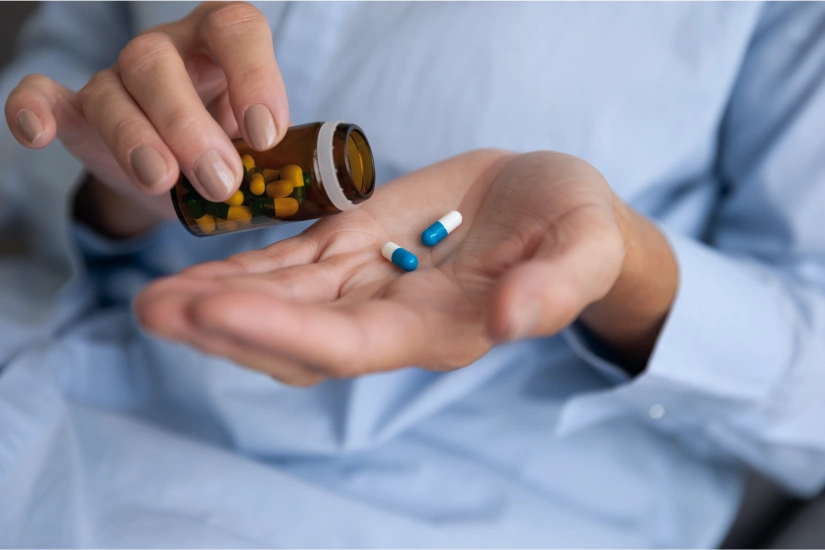24/7 Helpline:
(866) 899-221924/7 Helpline:
(866) 899-2219
Learn more about Intensive Outpatient Program centers in Saline County

Other Insurance Options

MVP Healthcare

Regence

BHS | Behavioral Health Systems

BlueCross

Providence

Anthem
Beacon

Lucent

Ambetter

Horizon Healthcare Service

Aetna

Cigna

WellPoint

UnitedHealth Group

Magellan Health

Choice Care Network

PHCS Network

Excellus

Meritain

Access to Recovery (ATR) Voucher

Ashby House
Ashby House is a private rehab located in Salina, Kansas. Ashby House specializes in the treatment o...

Veridian Behavioral Health
Veridian Behavioral Health is a private, traditional rehab located in Salina, KS. Veridian Behaviora...





















Innovative Solutions Addiction Treatment Center
Innovative Solutions Addiction Treatment Center is a private rehab located in Salina, Kansas. Innova...

Central Kansas Foundation
Central Kansas Foundation is a non-profit organization that provides quality and affordable alcohol ...

























































































































